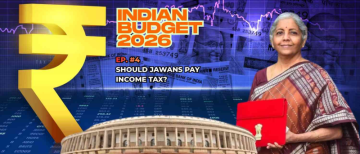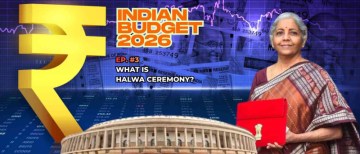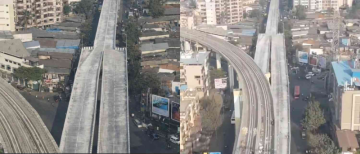A rising wave of protest is sweeping through Bengaluru as residents demand a halt to the city’s property tax collection, arguing that it is unfair to pay for what they describe as “unscientific” and poorly executed civic work. The campaign, which began online under the banner “Halt Property Tax”, has now spread across residential welfare associations, apartment complexes, and citizen groups from Whitefield to Yelahanka.
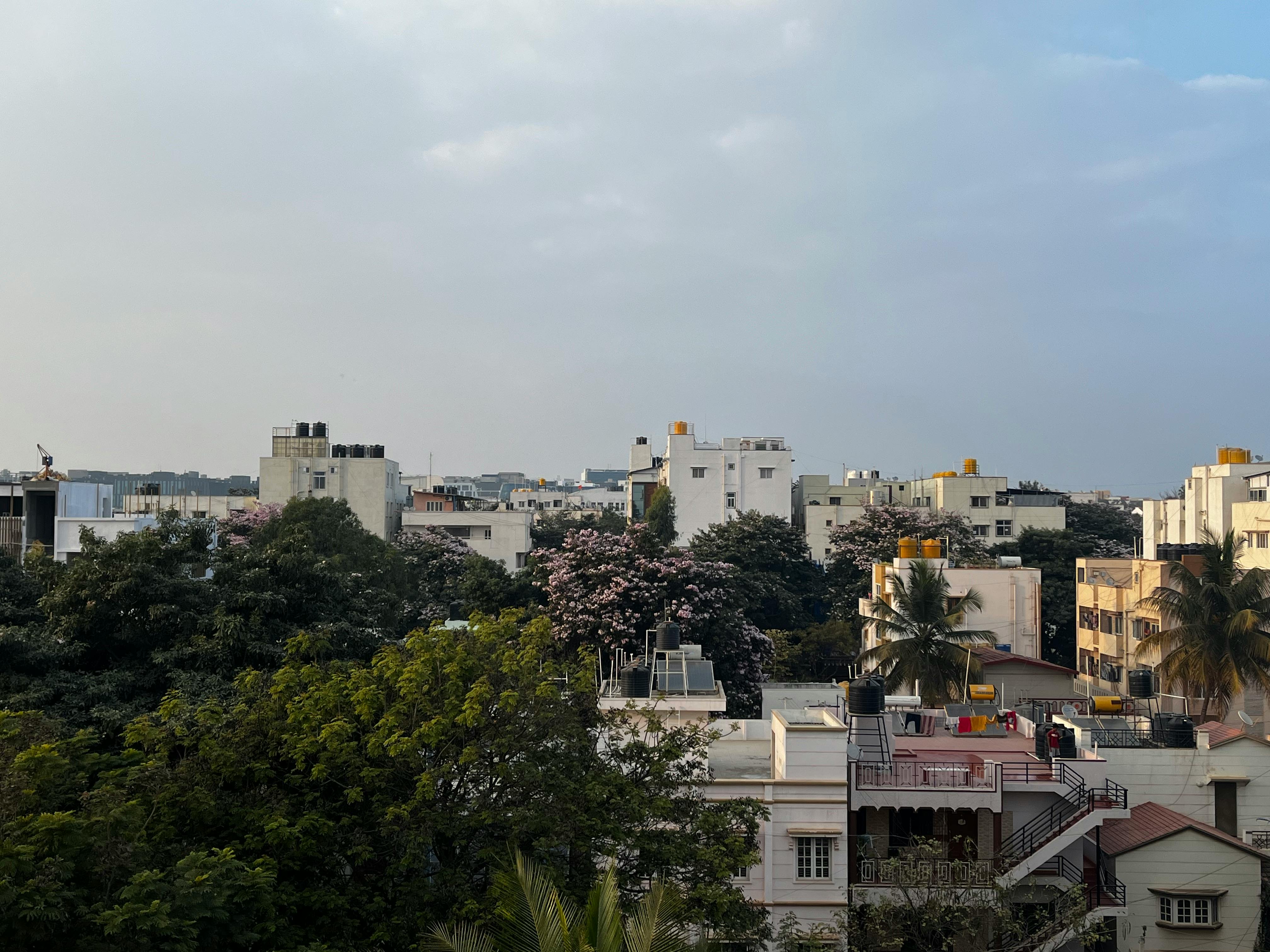
People in several parts of the city say the Bruhat Bengaluru Mahanagara Palike (BBMP) has failed to deliver basic amenities despite collecting taxes year after year. Many neighbourhoods continue to struggle with broken roads, overflowing drains, and incomplete construction work. In places like Bellandur and JP Nagar, residents complain that dug-up roads are left unrepaired for months, making daily travel difficult and dangerous. They argue that paying taxes without accountability only normalises neglect.
BBMP officials, however, maintain that property tax is a legal obligation and must not be stopped. According to them, these collections fund the very projects citizens seek — road laying, garbage management, and sewage upgrades. “Tax collection supports the entire city,” a senior official said. “Without it, development would stall.” Yet, even officials acknowledge that delays and lack of coordination between civic departments remain serious issues.
The protest has sparked a larger debate on the relationship between taxpayers and the city administration. Can people refuse to pay tax if public services fail? Legally, the answer is no — Bengaluru’s property tax is compulsory. But ethically, citizens argue that paying for unfinished or unscientific projects feels unjust. They believe their protest is not an act of rebellion but a demand for efficiency and fairness.
Urban experts say the situation exposes deeper flaws in governance. Bengaluru’s fast, unplanned growth has strained its infrastructure and overwhelmed its administration. Transparency and accountability, they argue, are at the heart of the problem. Residents often feel funds are misused or projects are completed on paper while the ground reality remains unchanged. A few analysts suggest the BBMP should publish real-time updates of tax utilisation and progress reports online to rebuild public trust.
Protesters have submitted several demands that go beyond anger and aim to reform how civic bodies work. They want independent audits of road and drainage projects, a service-linked tax system where payment reflects local performance, public disclosure of ward-level spending, and citizen participation through monitoring committees. Their slogan, many point out, is not “no tax”, but “no tax without results”.
While withholding tax entirely could harm essential services, the residents’ frustration cannot be dismissed. Their movement raises valid questions about governance and the value of citizen oversight. A city that aspires to global standards cannot afford to ignore the everyday struggles of its people — especially when those very people finance its growth.
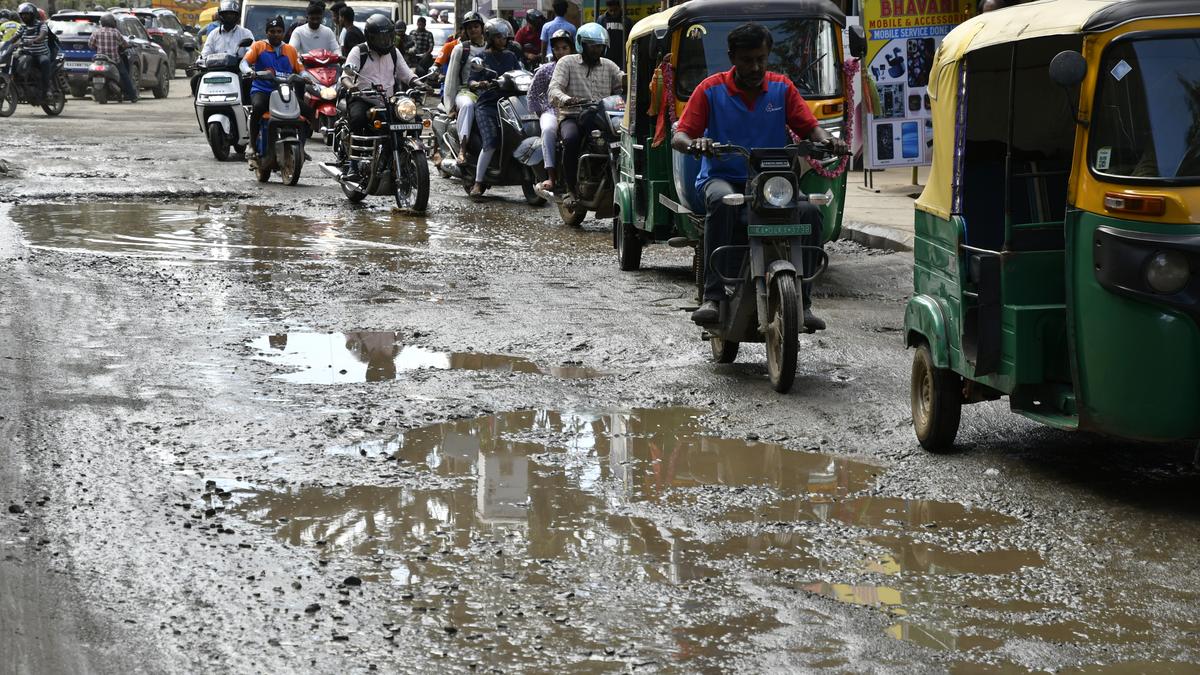
If handled constructively, the “Halt Property Tax” campaign could push Bengaluru toward more transparent, accountable, and citizen-focused urban governance. It is not simply a protest against paying money, but a deeper call to ensure that every rupee paid translates into cleaner roads, safer infrastructure, and a more liveable city for everyone.
With inputs from agencies
Image Source: Multiple agencies
© Copyright 2025. All Rights Reserved. Powered by Vygr Media.





